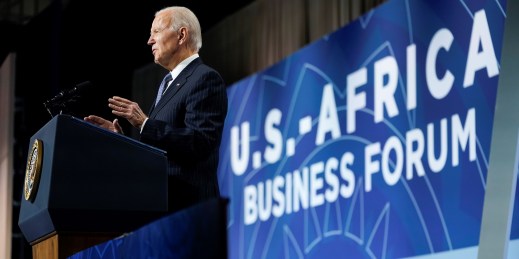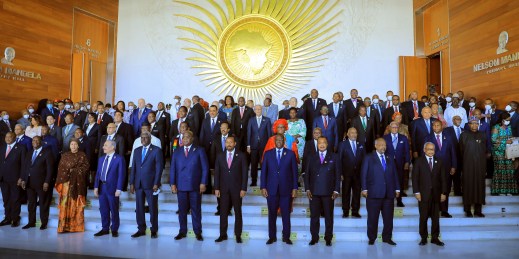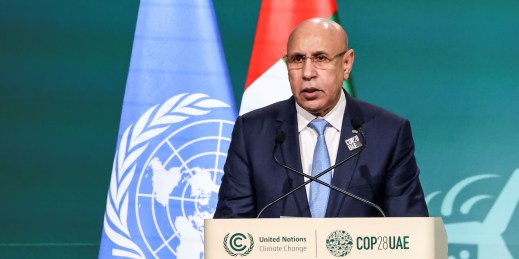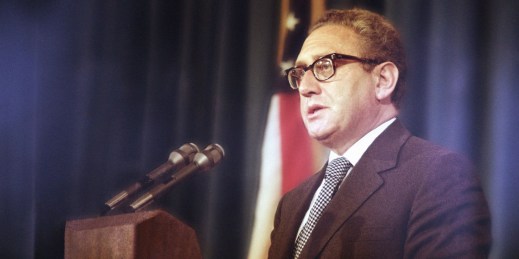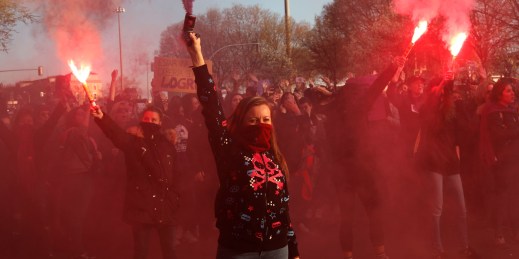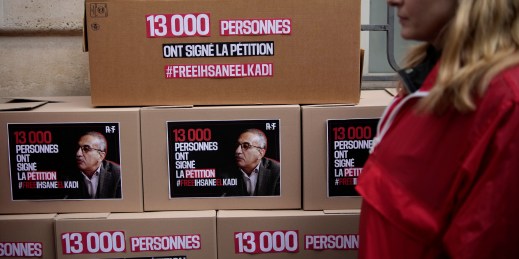
In late November, Algeria adopted new laws regulating the media and journalism, characterized by the government as allowing for more press freedoms. But considering the government has done so much to eviscerate freedom of expression and tame independent journalism in Algeria, that characterization doesn’t hold weight.

